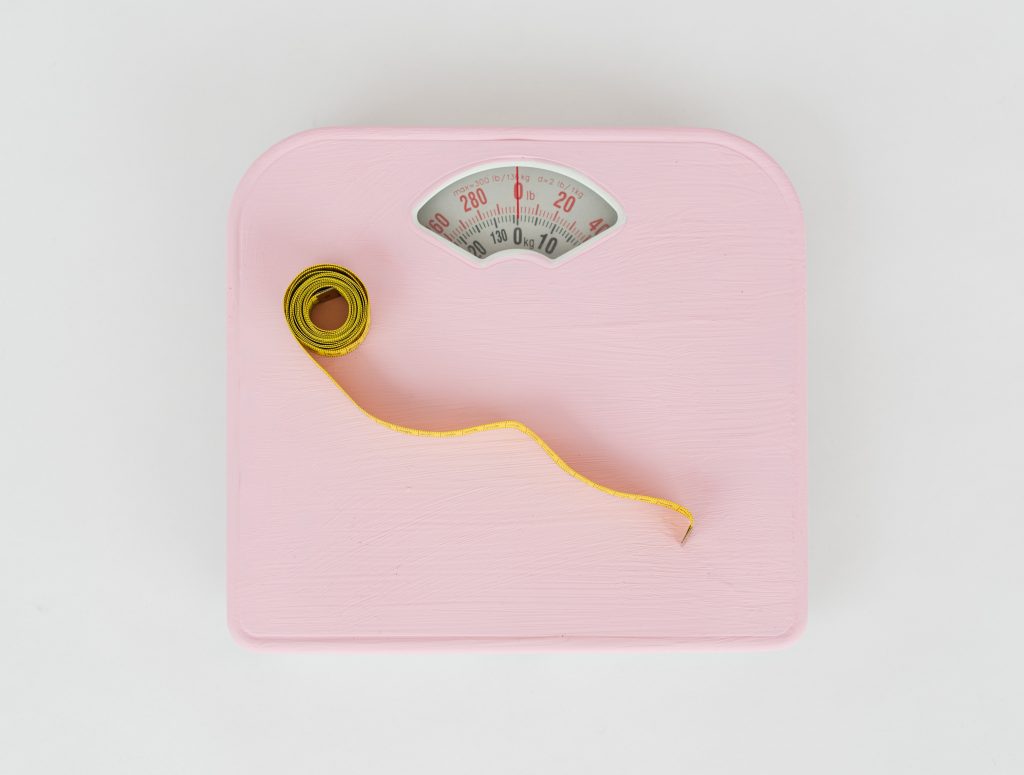Your weight loss journey might fall into one of three scenarios:
Scenario #1: Your Weight Consistently Decreases From the Beginning
If you see weight loss immediately, congratulations! Practicing 10 to 16 hours of fasting every day and cutting the night snack often results in weight loss. Most people notice rapid weight reduction within a few weeks, followed by a slower reduction in weight. However, due to differences in people’s bodies, some may need to fast longer than others to see the same results [1]. If this is the case, don’t jump into longer hours before your body is ready for it. It’s always better to start your fasting journey with shorter fasts and gradually increase them as you adjust.

Scenario #2: You Don’t Initially Lose Weight Despite 16 to 18 Hour Fasts
There are two reasons why you might not be dropping those pounds, even after practicing 16 or even 18 hour fasts.
-
You’re making some mistakes.
You could be inadvertently doing something that’s preventing you from losing weight. That’s okay – we all learn from mistakes. In our FAQ section, we’ve created a checklist to help you make sure you’re not missing anything.
-
You’re doing nothing wrong. It just takes time.
Some factors that could affect how fast you lose weight are your initial weight, as well as your stress and cortisol levels. A person with a higher starting weight and high cortisol level may not notice weight loss initially [3]. If you fall into any of these categories and you aren’t making any of the mistakes above, don’t panic. Your weight will go down after a few more weeks.
Please note that even if your weight stays the same, you might notice your waist circumference is smaller and some of your clothes are looser than they were. Even if the number on the scale doesn’t change, other measurements might tell you that your intermittent fasting efforts are working. Keep at it and you’ll soon see your weight change as well.

Scenario #3: You Lose Weight Initially, but Then Hit a Plateau.
Many women see their weight go down for a while, but later hit a plateau. There are various reasons for why this may happen [4]. If you experience this, you simply need to modify your fasting plan.

Take Away
Everyone’s weight loss journeys are different because everyone’s bodies react to fasting differently. Don’t try to compete with others and rush through to get quick results. You’ll likely end up with the hundreds of other people who have failed in the short-term, overly-restricted diet plans. Intermittent fasting is a new eating habit. Gradually adapting to it will eventually bring you to a healthy weight. Not only that, but you’ll develop a healthy habit that will make it easy to maintain a healthy weight in the long run.
[Caution]
Research has recommended that you don’t lose more than 2 lbs per week during your weight loss journey. Losing more than this amount every week as a woman could have adverse effects on your body and disrupt your menstrual cycle [2]. For this reason, FastingQueens has a period tracker to help you monitor your menstrual cycle during your weight loss journey.
References:
- Jayne Leonard. Seven ways to do intermittent fasting. Medical News Today. Link.
- Williams N., Heather J. Leidy H., Hill B., Lieberman J., Legro R., et al. Magnitude of daily energy deficit predicts frequency but not severity of menstrual disturbances associated with exercise and caloric restriction. AJP-Endocrinology and metabolism; 2015. Link.
- Gavin Van De Wall. How Long Does It Take You To Lose Weight. Health line. Link.
- Sarwan G., Rehman A. Management of weight loss plateau. Stat Pearls; 2021. Link.

